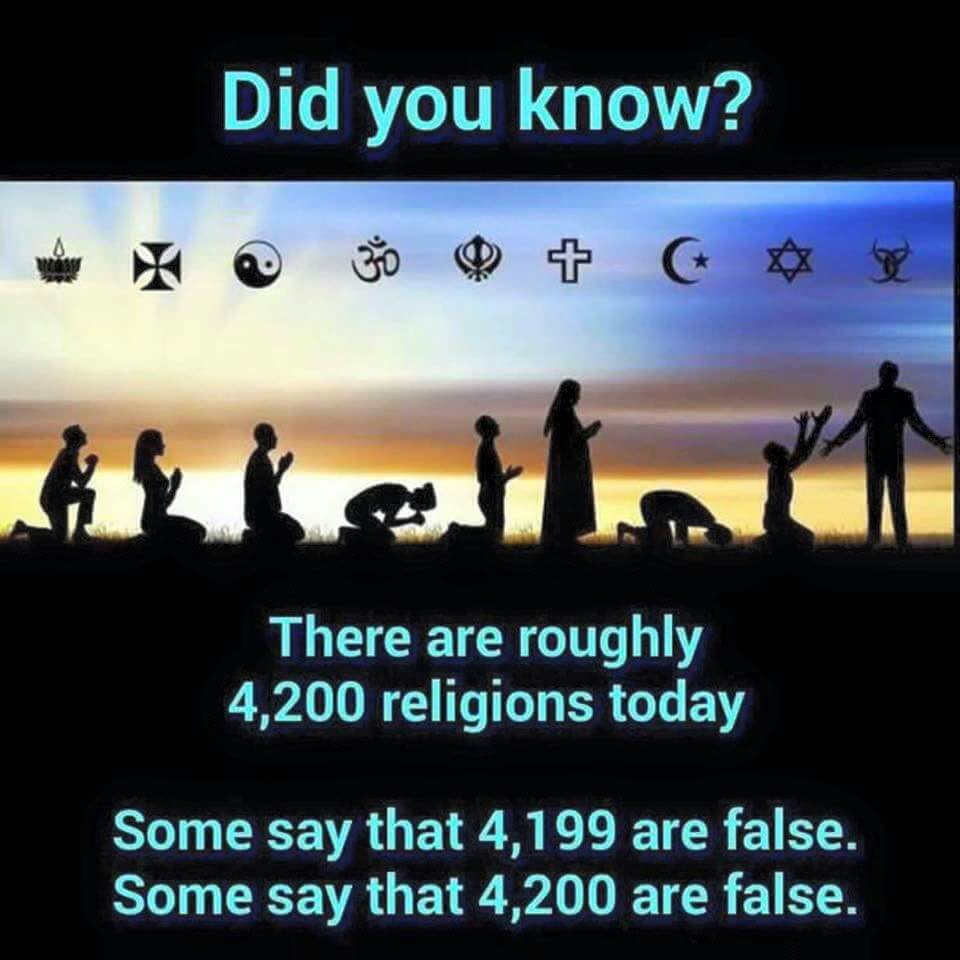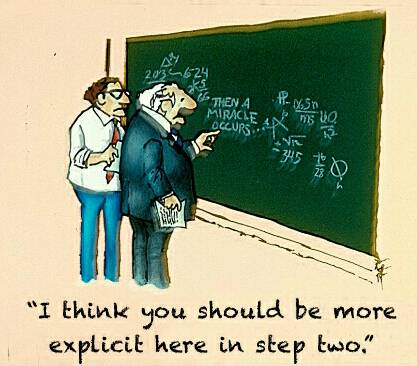 (In the Name of God, the Most Beneficent, the Most Merciful)
(In the Name of God, the Most Beneficent, the Most Merciful)
Lol. Well, I was an atheist for a long time before my heart submitted to Islam. And I never saw my "atheism" as a mental illness.
That said, I think your post is satirical.
I was never, however, Richard Dawkins-type atheist. What you'll usually find is that atheists don't hate "religions" so much as the so-called "religious" (or more like self-righteous) "hypocrites" that follow religion as tools and then justify their bigotry and hatred and malice from a holy book. For atheists, there is no unifying book like the Bible or Quran or Tanakh which they follow - so, you'll find atheists who are kind and atheists who are hateful.
About the only thing with which I agree in your post is that atheists probably have higher depression levels and suicide rates than theists; and for that, I truly believe the reason is a lack of individual attention towards some kind of spirituality, which atheists who might practice meditation, for example, probably will not experience.
As for the comment about their anti-religious messages on the Internet, I find from my own experience that there are more theist trolls on the Internet than atheist trolls; and of course, this is just an anecdotal experience, but I'm sharing this perception because you have shared your opinion also.
Now, and here's the part that I really want people to know, since atheists are of different type - they might not necessarily even be rejecting God because they don't believe there is a God to reject. In some cases, however, of course, if they have studied a religion or were brought up in a religious household, they might also be specifically rejecting a particular religion and that God. However, that depends on their background.
Well, of course, if any person (theist or atheist) is taking drugs, they might develop mental health issues; and then I don't think it is an issue of "the behavior of many atheists often leads to mental illness."
Also, I don't know why theists dislike atheists so much; for one thing, atheists are more likely to protect the religious right (in theory and practice) of a person than another theist. For example, I was watching the Big Question that's hosted in U.K. on YouTube and this woman was talking about human rights and then as a Christian about how she does not like the Muslim woman wearing
niqab, and guess who stood up for her right as a Muslim woman to do so as part of freedom of expression? An atheist.
Generally, I have found that the more "fundamnetalist" a Christian or a Muslim or a Hindu becomes, the less tolerant and less of a decent human being they remain. Ironical, actually. And thereby justifying atheists' criticism of both theism and theists. (Basically, and generally, to be honest, theists are their own worst PR reps.)
Atheism leads to mental illness (and possibly is a mental illness) we can deduce this from all the atheists online who have such irrational hatred towards religious people. Their behavior online gives us an insight into their mental health and it clearly isn't healthy, we can deduce this with the emotional rants and hateful things they spew about any who do not share their views. They also hold some irrational and schizophrenic beliefs i.e "all Christians are out to get us!!" and "all Christians oppose science!"
Their Christophobia and Islamophobia run deeps, it is obvious with all the anti-religious messages they post about these people. Finally, studies have revealed that atheists abuse drugs more than religious people, suffer from more depression, are more likely to commit suicide, have anxiety issues and higher aggression levels.
(Studies:
Science Daily: Believers consume fewer drugs than atheists https://www.sciencedaily.com/releases/2013/10/131003093041.htm
The American Journal of Psychiatry: Religious Affiliation and Suicide Attempt http://ajp.psychiatryonline.org/doi/abs/10.1176/appi.ajp.161.12.2303 )
The evidence tells us that atheism is either a mental disorder or that the behaviour of many atheists often leads to mental illness.

 (In the Name of God, the Most Beneficent, the Most Merciful)
(In the Name of God, the Most Beneficent, the Most Merciful)
